#RepealIt Ethical Receipts: Why the Delay? Justice to the craft, not just a number

When we launched our #RepealIt campaign at the beginning of July, one of its aspects was ‘Ethical Receipts’. Originally these were to be included on every Prickly item listing on the shop and their intention was to provide a clear breakdown of costs for the entire making process for that product – inclusive of labour, natural materials and the expenses it takes to keep our mill running ethically. The aim was to help justify our prices to people that claim ethically produced, sustainable clothing is too expensive.
You might be wondering where these are… fear not, we’re still making them!
However, we’ve realised that this idea can go much further... Why just give people the numbers, when we could create a more holistic and (hopefully) effective impact by… visualising the entire process too.
Today’s world is obsessed with data. Everyone talks in numbers now, to the point that the story and reality behind numbers gets overlooked. Oh what a shame it is to minimise topics with such depth, to a list of digits. Sometimes it feels like we have gone back to ABC books as adults – always needing the most simplified representations to the point where we risk oversimplifying things that are… just not simple.
We’re not going to do that here! Because to help people understand, and most importantly accept, the price of sustainable fashion, we must give the fullest picture of the process of making it. We could say it takes 3 hours to build a chain for our looms, but if we show you the detail of the work that goes into building that chain – it will hit home more to all people why our creations cost the price that they do.
We’re going to document and explain each stage of the tartan weaving and garment making processes, and make them available on our website. To celebrate the commitment our artisans have to their craft and to educate the masses on it. And hopefully this will cause change in the way people think towards craft makers, meaning our fellow sustainable businesses will also benefit from not having to fiercely justify their prices every day.
This is the Green Industrial Revolution. With the climate emergency now on the minds of most, we have to transfer people to green jobs… replace the machines with humans again! Once you learn about our making process, you’ll see just how many jobs are created when we accept a slower production pace and higher consumer prices
We are working on this now, so watch this space!
Love Clare and the team
x
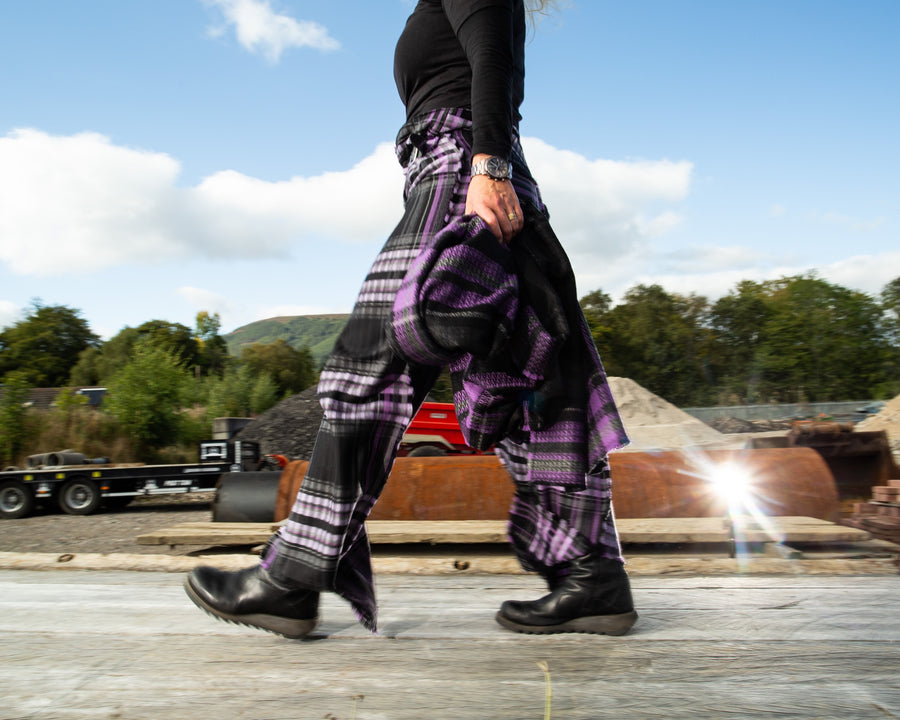
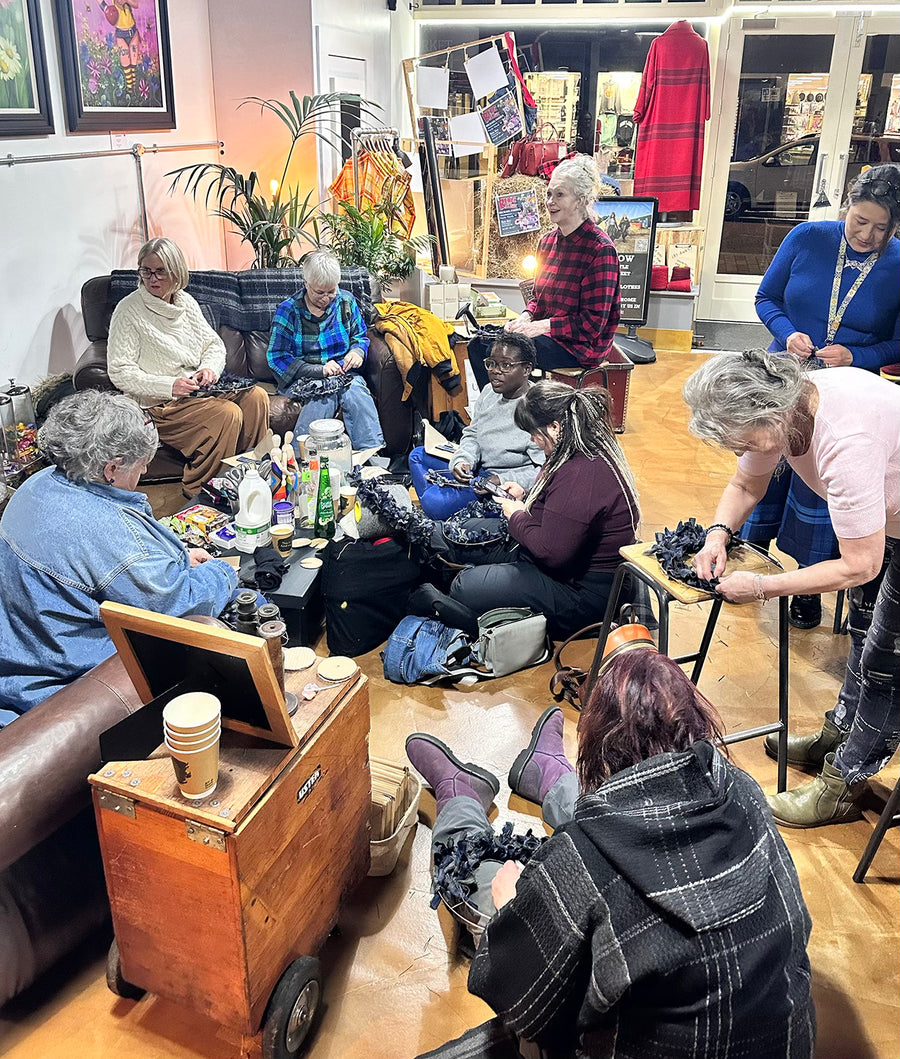
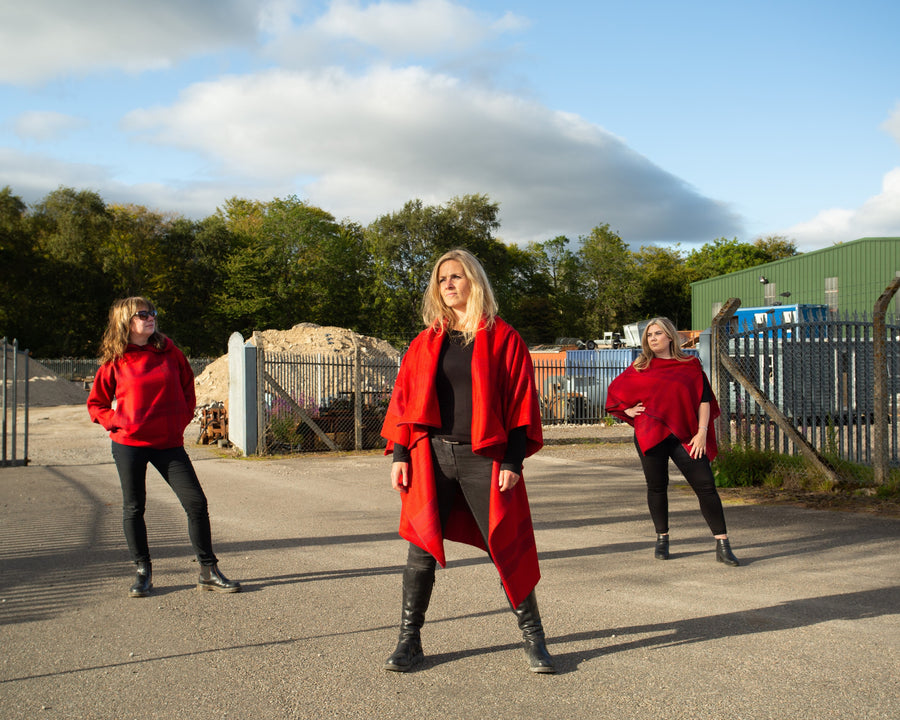
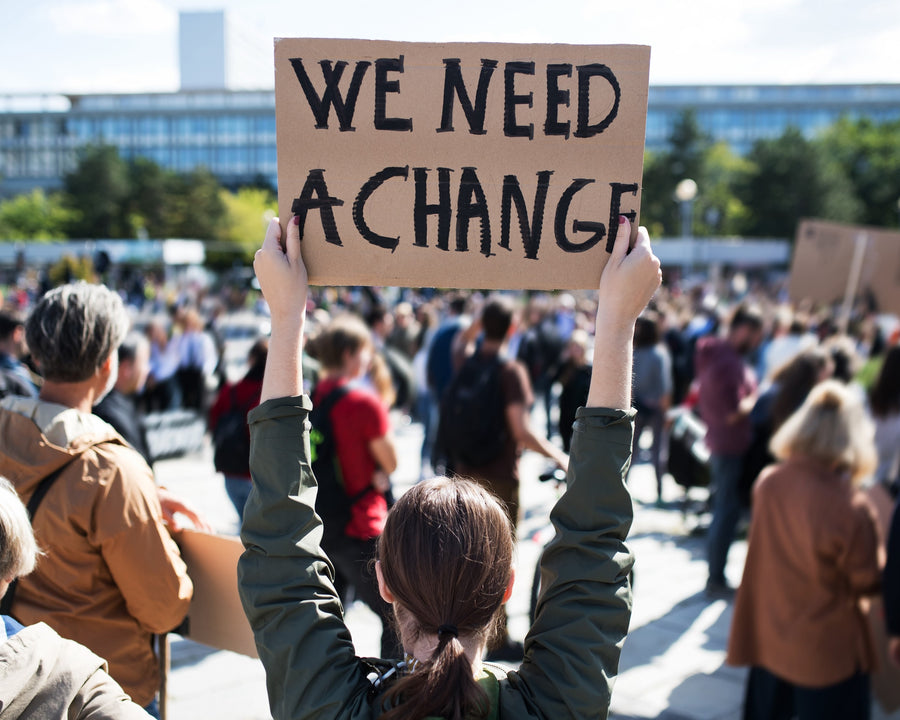
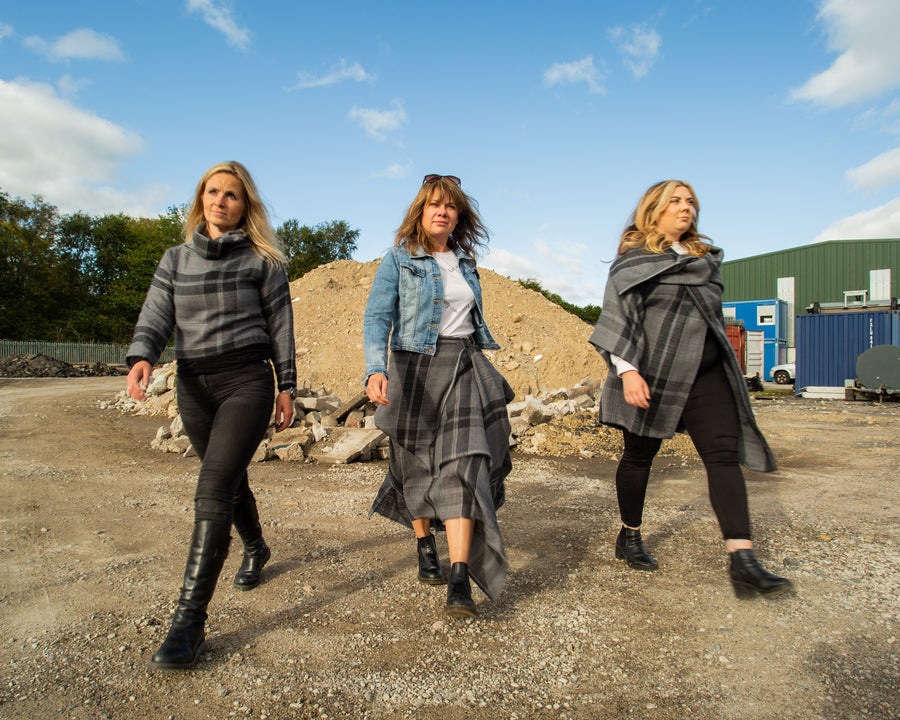

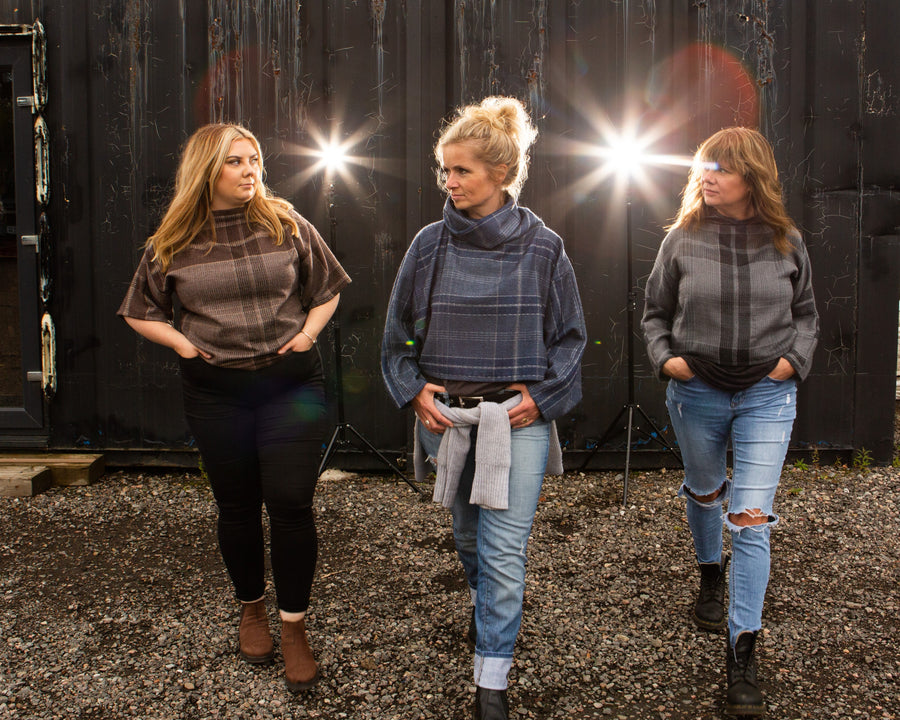







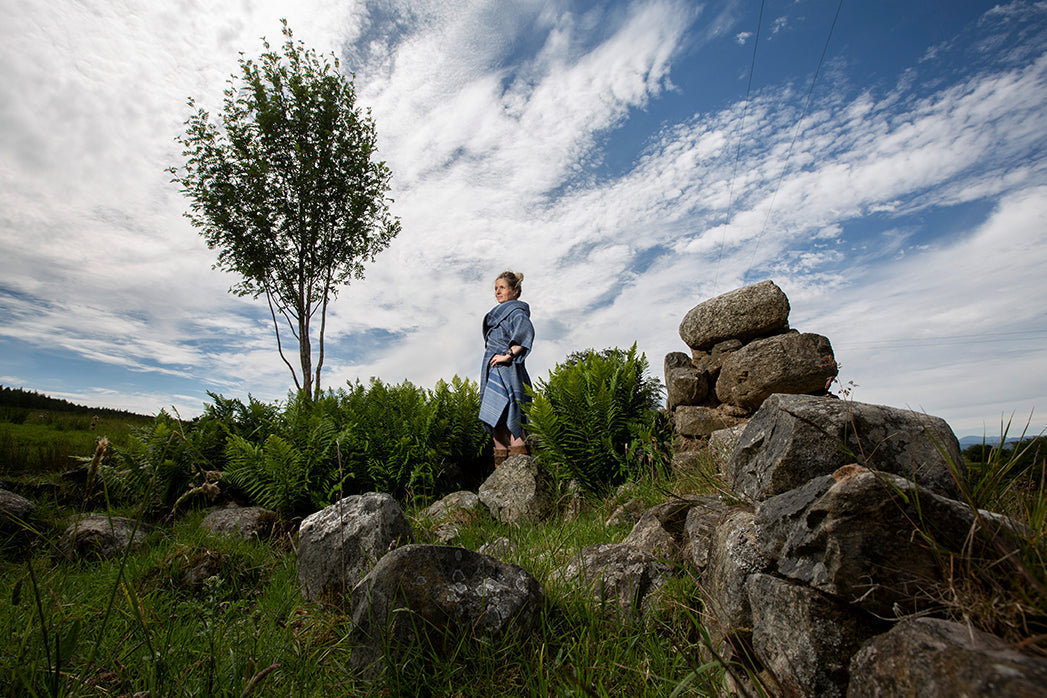

Share Your Thoughts